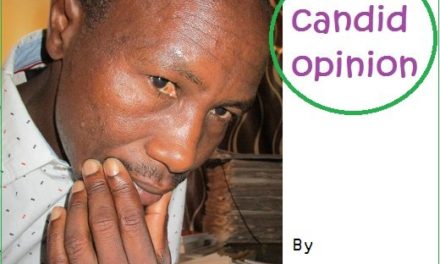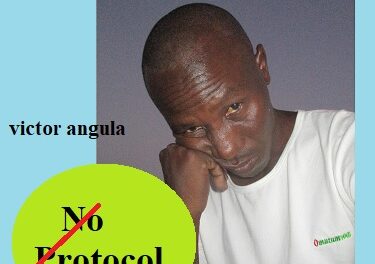Is English the measure of intelligence?
By Shivute Kaapanda [Think Tank Africa]
The answer is: NO.
In his article, South African political analyst and writer Prince Mashele once wrote: “English is not a mark of intelligence.”
In his argument Mashele asks that if English is a mark of intelligence why then are there hobos in London?
This is critical consciousness from the sentiments of oppression and an encounter between African and European linguistic systems in terms of societal value.
Like any other language, English is not a measure of intelligence but it’s simply a medium of communication and interaction which has raised above other languages due to successful British colonial expansion globally.
Intelligence knows no language. It therefore cannot be concluded that the English people, or their language, is the mother of intellectuality.
In Africa, particularly in Namibia, our education systems are built on contradictions due to the so-called official languages of which some are not African such as English. This helped the English to remain oppressive and use their language as a medium of interaction to exploit Africans through un-negotiated international agreements.
The issue of linguistic superiority and dominance undermines African language systems. In Namibia not even at the university level that students have choices of the medium of instruction; they are only conditioned to English despite the majority having done English only as a second language.
This issue attracted National consciousness among students over the past years; we need a meaningful dialogue in order to place this consciousness into a new perspective that will drive language justice at its best and redefine African philosophies in a new fashion.
In Namibia English is the product of colonial inheritance and it requires our intellectual sufficiency and fortitude to fearlessly confront this colonial inheritance that affects the advancement of African languages by cutting its influence and make African languages as official languages and reject the hypocrisy of European language domination.
The domination of the English language in Namibia in the next centuries would mean that Namibia will still be intellectually dependent on English as a medium to define our identities.
Let’s learn from examples where English has vandalized the advancement of indigenous knowledge and intelligence in Namibia. For instance, in school, whether you pass with an A* in Oshindonga, Otjiherero or any other language native to Namibia and scored better in all other subjects but you failed English, the rules are such that you may not proceed to the next grade unless pardoned by the authorities of the school.
In grade 12 English is the biggest obstacle to the university level, and it’s sad to learn that local universities’ minimum requirement is a D or E symbol in English but there is no minimum symbols for indigenous languages.
This sad episode placed many leaners in intellectual discomfort in villages becoming gangsters and prostitutes with no hope.
The scandal is the manner in which English has undermined our Native languages that even if passing it with the highest grade would mean studying in London the fact of the matter is that there are still “hobos” in London.
Intellect can be demonstrated through any language but it’s not English or any other language which is a measure of intelligence.
English and intelligence are two different things; English is a language and it is part of a specific linguistic system, whereas intellect is generally abstract and can be exhibited through any language of any choice.
Intellect is innate, English is not innate but it is learned.
* Shivute Kaapanda is a critical thinker and writer from Eyanda village. He is the author of the book “The Conscious Republic”. iskaapanda@gmail.com







